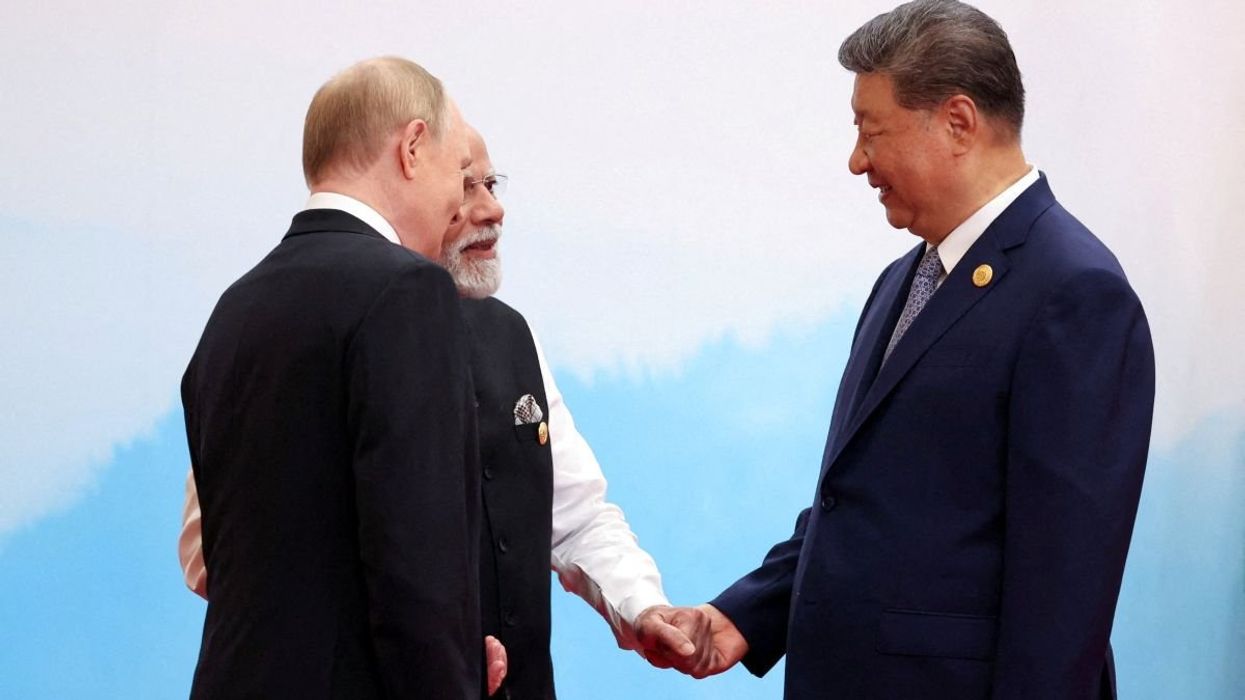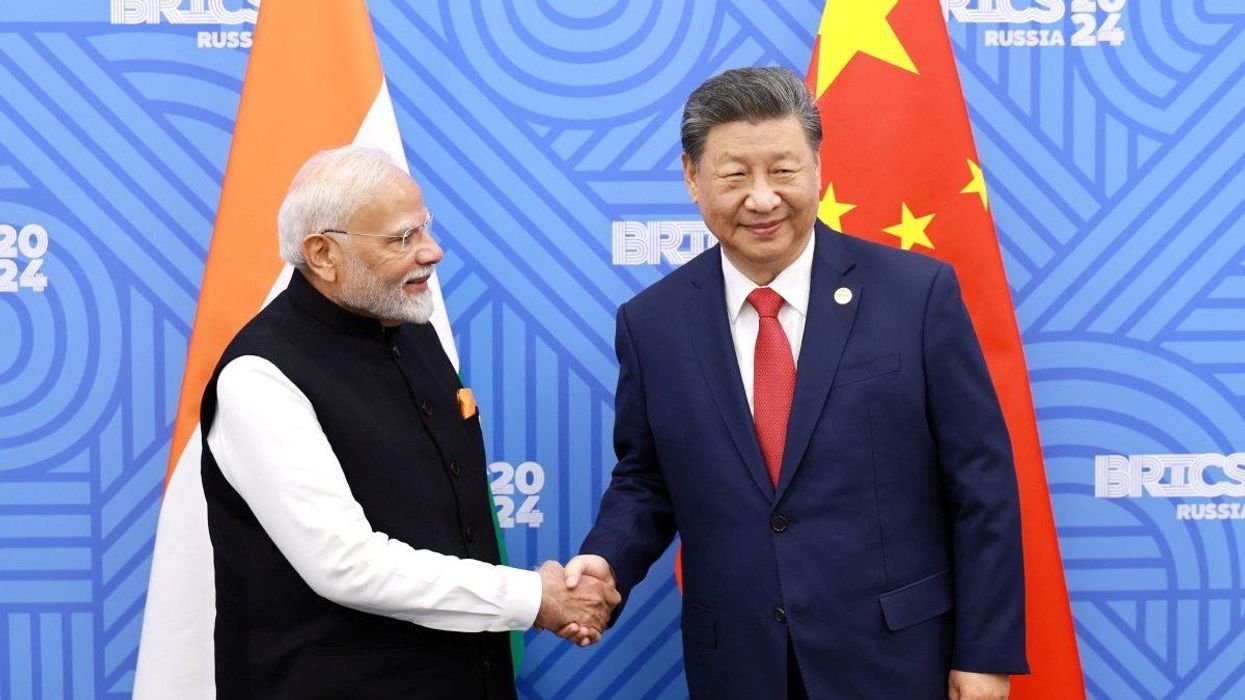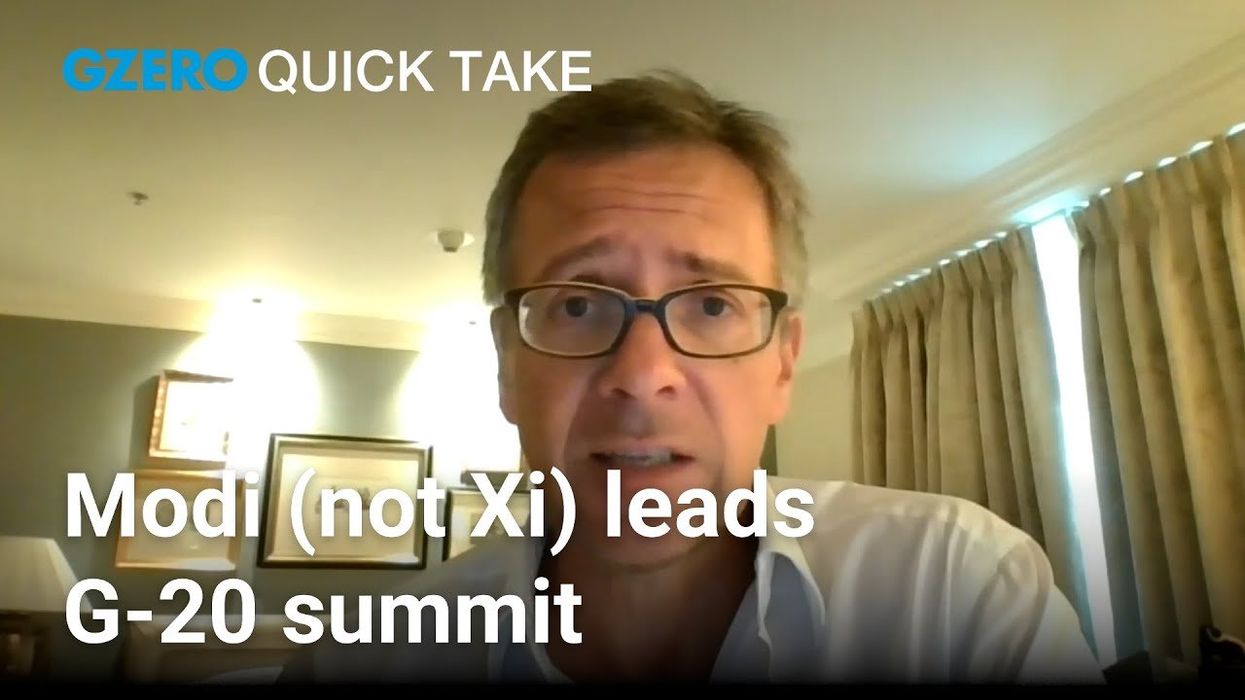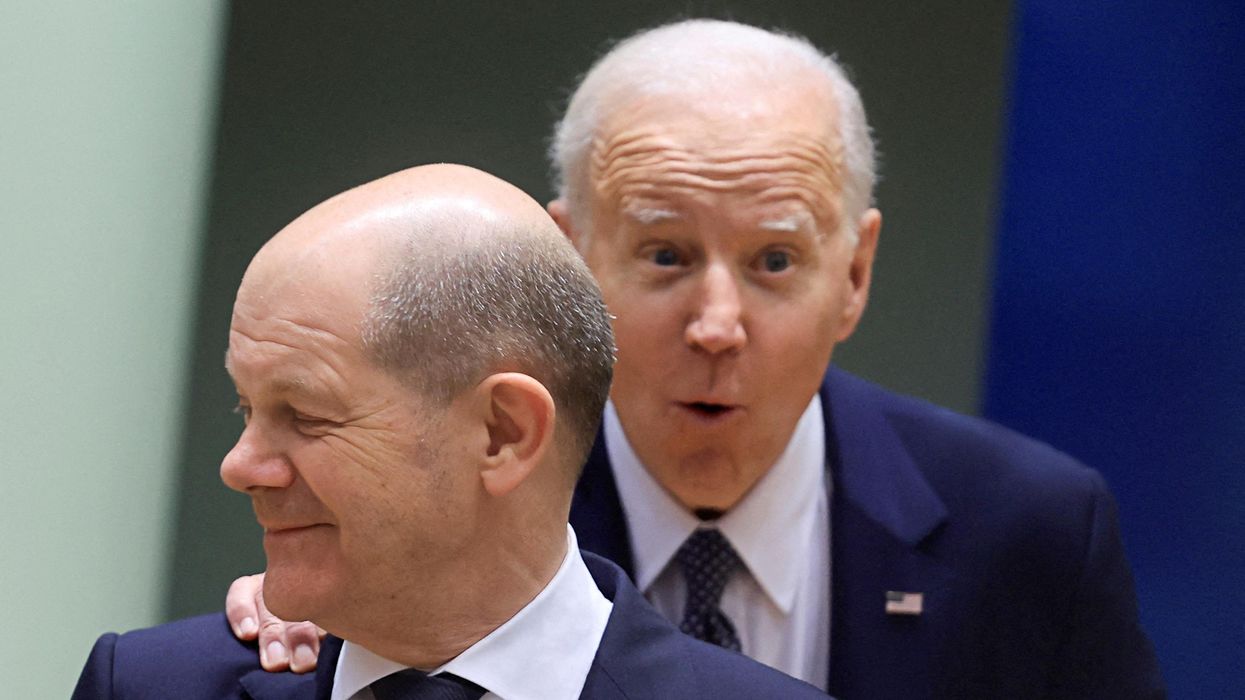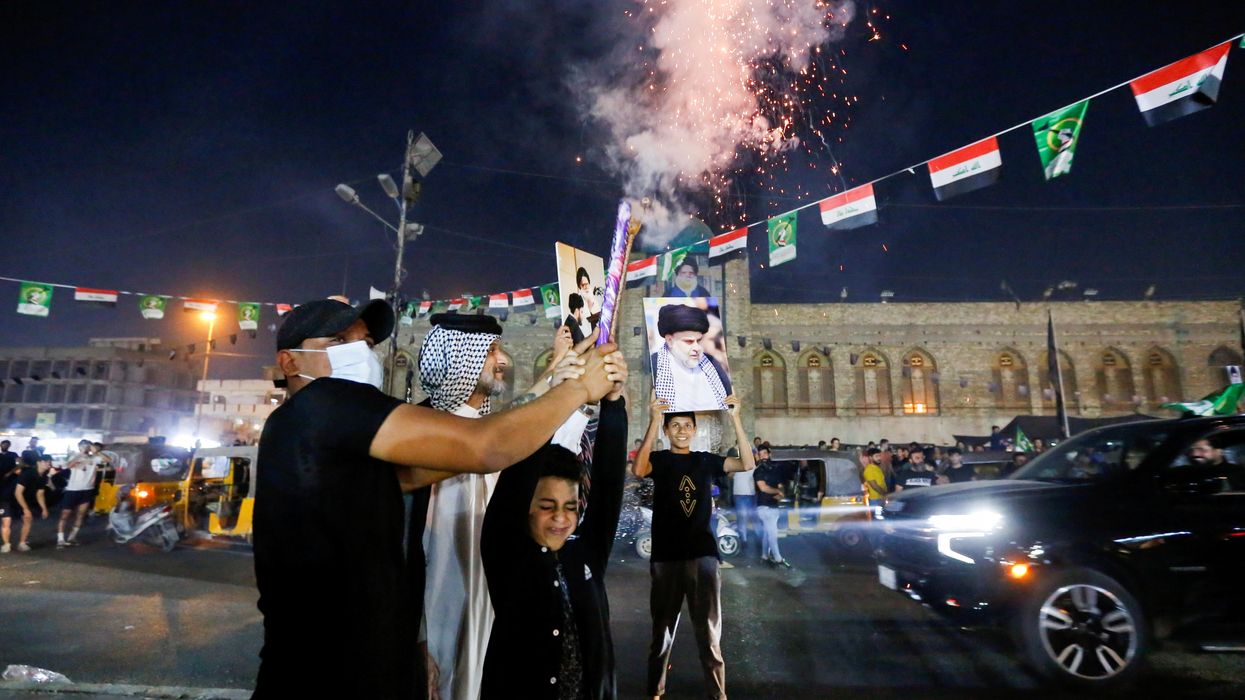Analysis
China’s plans for the new world order
The leaders of China, India, Russia, and over twenty countries from the “Global South” gathered in Beijing yesterday, marking another milestone away from the US-led global order. Several leaders will also attend a major Chinese military parade tomorrow.
Sep 02, 2025
